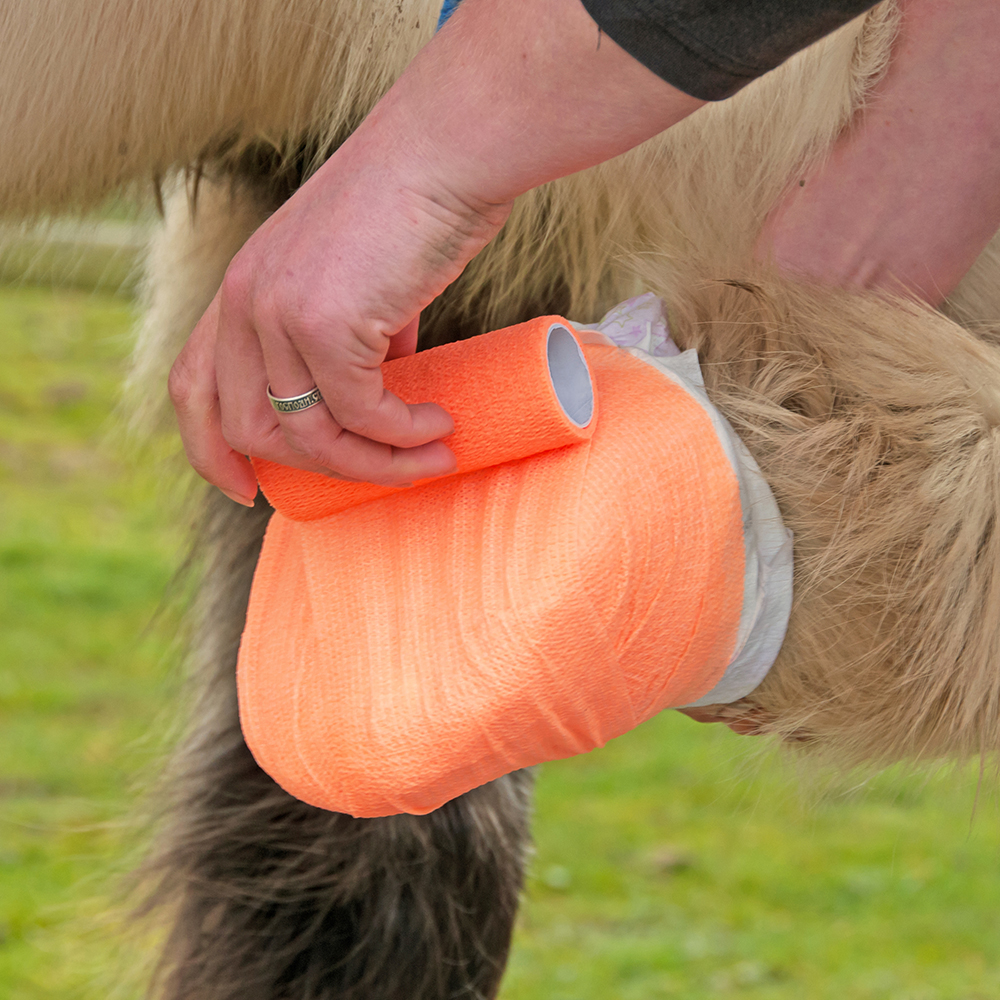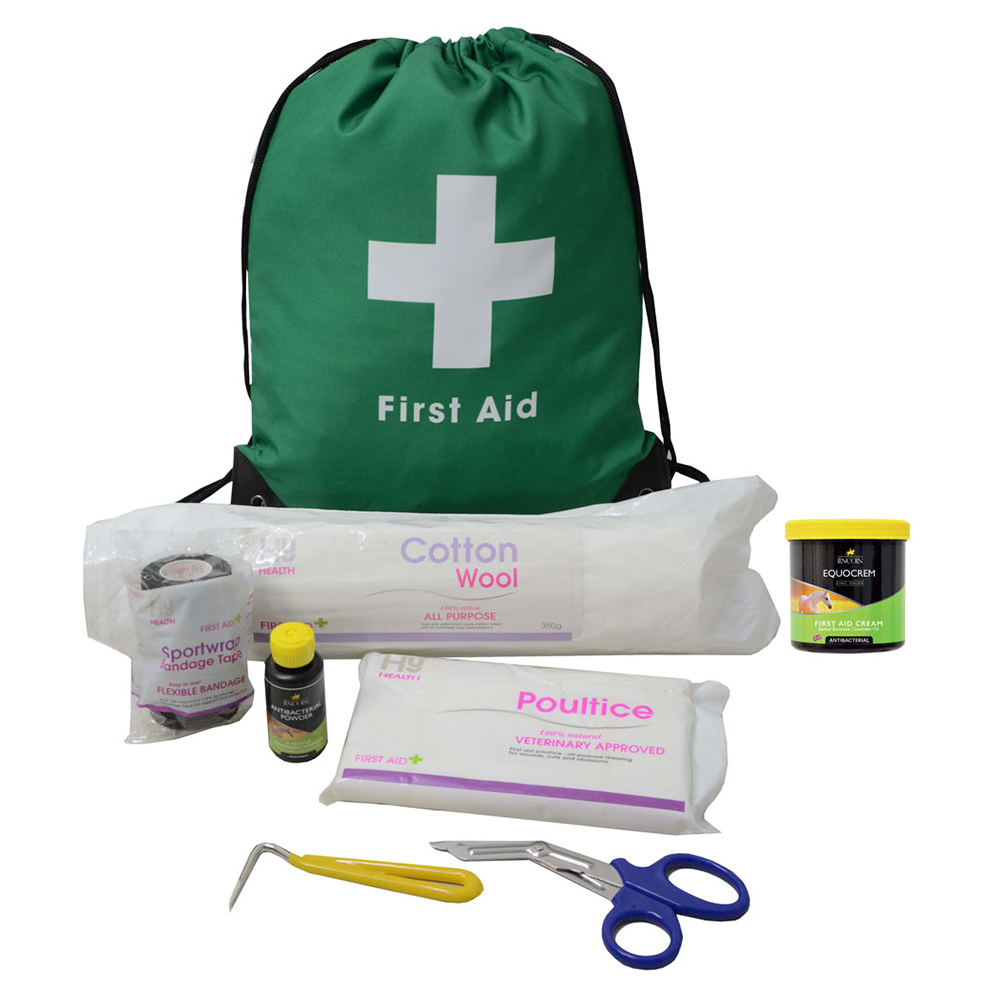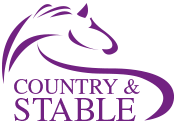Why Every Horse Owner Needs a Horse First Aid Kit
Jun 19th 2024

Horse First Aid Kit
Horse owners understand that their equine companions are naturally accident-prone. Horse accidents often occur at the most inconvenient times, such as right before a holiday or early in the morning before work. For your horse's safety and your peace of mind, it is essential to always have a well-stocked Horse First Aid Kit.
What to Keep in a Horse’s First Aid Kit
Here are some basic essentials that all horse owners should have access to in case of an emergency.
- Clean Bowl and First Aid Bucket A clean bowl and bucket dedicated for medical use, are helpful for cleaning wounds and mixing solutions.
- Towel A towel can be used to clean wounds and dry off areas that may need ointment applied and/or bandaging. A clean towel may also be used to stem heavy bleeding.
- Round-end Scissors Used for safely cutting away hair around a wound without causing further injury.
- Antibacterial Scrub (Hibiscrub®) Antibacterial scrub is used for cleaning wounds to prevent infection. Hibiscrub® is the popular choice among horse owners.
- Digital Thermometer Crucial in identifying infections or illnesses early, a digital thermometer allows you to closely monitor your horse’s temperature.
- Bandage (EMT) Shears These are essential scissors designed to cut through bandages without causing harm to your horse.
- Cotton Wool Cotton wool is useful for cleaning wounds and applying ointments or disinfectants.
- Gamgee® and Non-adherent Dressings Gamgee® provides cushioning and protection for wounds, while non-adherent dressings prevent sticking to the injury site.
- Syringe A syringe can be used for administering oral medications or flushing wounds.
- Duct Tape Duct tape is a versatile tool for securing bandages or creating a makeshift hoof poultice.
- Veterinary Wrap Commonly referred as Vetwrap™, this type of bandage or wrap is cohesive and elasticated providing support and protection without sticking to hair or skin.
- Animalintex Poultice Animalintex poultice is used for drawing out infections and treating abscesses in a horse’s hoof.
- Disposable Gloves Always wear disposable gloves to maintain hygiene and prevent cross-contamination when treating wounds.
- Wound Gel or Powder Wound gel promotes healing and provides a protective barrier against infections.
- Iodine Spray or Purple Spray These sprays are used to disinfect wounds and promote healing.

Maintaining Your Horse’s First Aid Kit
- Replenish Stock Immediately as you do not know when you will need it next. Being unprepared could result in a more serious outcome for your horse.
- Check Dates and Quality because medicines, creams and ointments will have a use by date that should not be exceeded.
- Store Correctly in a cool, dry place that is easily accessible.
- Stay Educated and up to date by taking horse first aid courses.
Common Horse Injuries
You may be able to treat some minor horse injuries or ailments at home, such as a scrape from the field. In the event that your horse has seriously injured themselves or your horse has become unwell, you may be required to carry out some first aid whilst you wait for veterinary help, which is why the contents of your equestrian first aid kit are of utmost importance.
The Importance of Equine Safety
Many horse health emergencies seen by vets could have been prevented by the owner carrying out simple risk managements checks. To minimise the risk of injury to your horse, you must carry out regular checks of their field, stables, riding school/arena, horse walker – and any other area that your horse is exposed to. This will minimise the risk of injury and reduce the chance of your horse being hurt (and a hefty vet bill)!

Where to Buy Horse First Aid Kit Essentials
Whether you need to start from scratch, replenish a few items, or get a handy first aid kit for travelling with your horse, you will find it online at Country & Stable. Be prepared for any unexpected horse injury by always keeping your horse’s emergency medical supplies well-stocked and accessible.
*Always seek advice from a registered veterinary practitioner before carrying out First Aid on your horse if they are injured or unwell.




